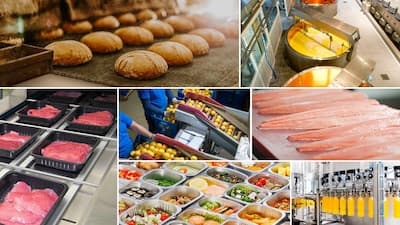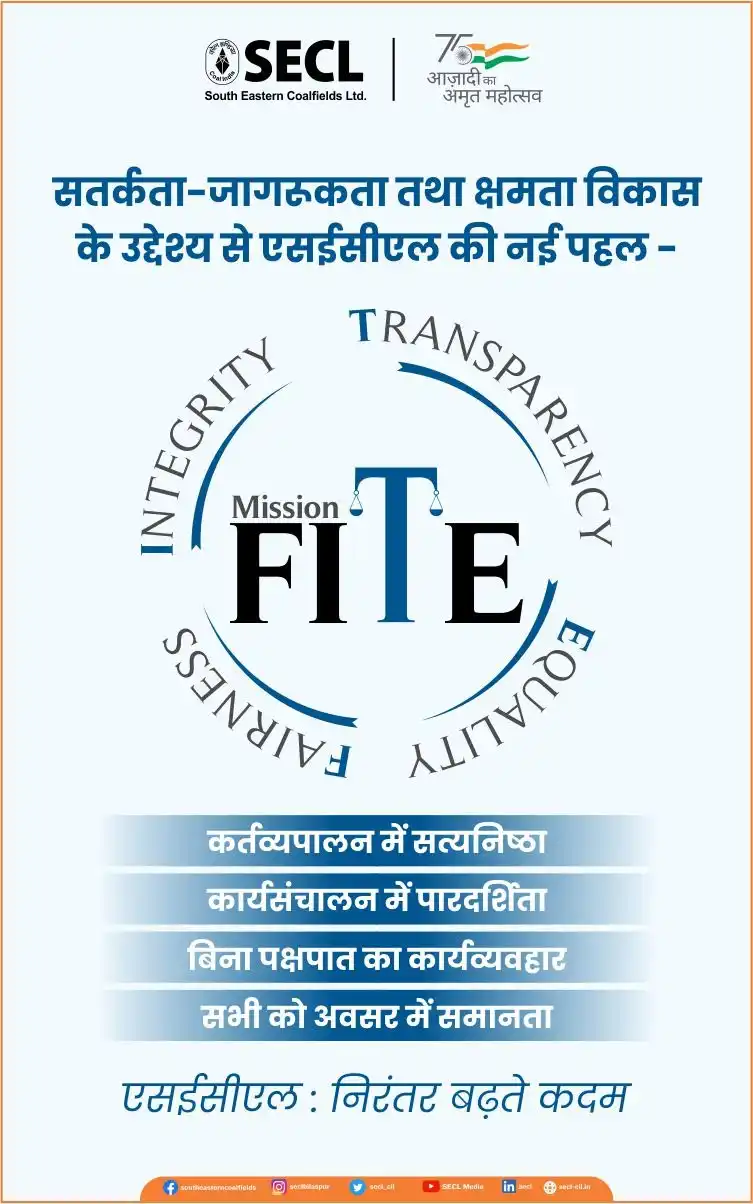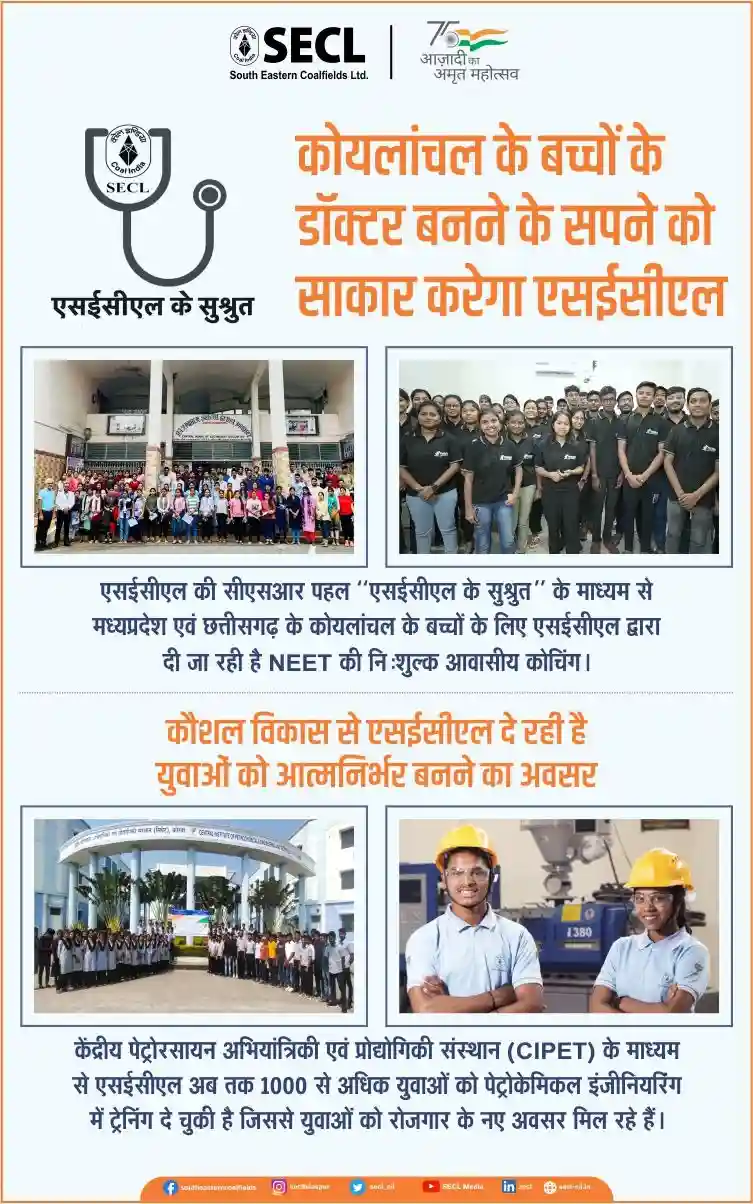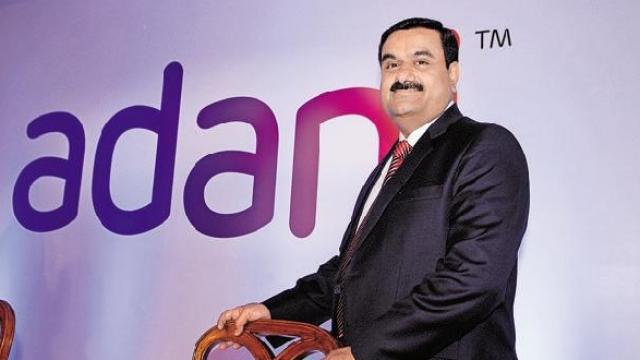Pradhan Mantri Formalisation of Micro food processing Enterprises (PMFME) scheme is fast picking up with a number of micro food processing units being benefitted technically, financially and with market access, and several ‘One District One Product (ODOP)’ brands being launched under it. The scheme aims to harness the immense potential of the Indian food processing industry which is expected to reach over 500 billion dollar by 2025. Being one of the largest sectors in India in terms of production, consumption, and exports, it promises to substantially raise the income of scores of farmers, ignite the entrepreneurship of a whole lot of people belonging to the rural economy and give a big boost to rural employment generation process.
Objectives and challenges
However, the key challenges faced by the food processing sector are gaps in supply chain infrastructure, lack of investment and access to modern technology & equipment and the lack of marketing & branding expertise. PMFME scheme is one of the most potent answers to these all problems launched by the Modi government with also an aim to enhance the competitiveness of existing individual micro-enterprises in the unorganized segment of the food processing industry and to promote formalization of the sector and provide support to Farmer Producer Organizations, Self Help Groups and Producers’ Cooperatives along their entire value chain.
Over 25 lakh food processing units
It’s interesting to note that there are over 25 lakh food processing units in the unorganised food processing sector in India, with 66% of them located in rural areas and over 80% owned by family-based businesses providing a source of income to rural communities. However, these unorganised processing units face significant challenges such as lack of institutional finance and access to modern equipment & technology and branding & marketing expertise.
100% FDI permitted in the sector
To address these challenges the Government of India initiated several programs to boost the food processing industry through the Ministry of Food Processing Industries (MOFPI). The government has also permitted 100% FDI under the automatic route in food processing industries, consequently FDI inflows in this sector have increased substantially. According to KPMG, while in 2019 the food processing industry was valued at just US$ 290 billion and is expected to reach over US$ 500 billion by 2025.
PMFME scheme under the ‘Aatmanirbhar Bharat Abhiyan’
With an aim to transform this sector, on June 29, 2020, Prime Minister Narendra Modi launched PMFME scheme under the ‘Aatmanirbhar Bharat Abhiyan’ and ‘Vocal for Local’ campaigns to provide technical, financial and business support to micro food processing units in the country. The total funds allocated for this scheme were valued at Rs. 10,000 crores and being disbursed from 2020 to 2025. The government intends to provide direct financial and technical assistance to about 200,000 micro food processing units under this scheme.
Focus on micro food processing enterprises
Through this initiative under the PMFME scheme, the Ministry of Food Processing Industries aims to encourage the micro food processing enterprises (MFPEs) across the country about the vision, efforts, and initiatives of the Government to formalise, upgrade and strengthen them and take them a step closer to Aatmanirbhar Bharat. MFPs are encouraged to come forth and avail branding support under this initiative including use of marketing rights of these brands from NAFED.
Objective of the PMFME scheme
The scheme provides credit access to existing micro food processing businesses, Farmer Producer Organisations (FPOs), co-operatives and Self-Help Groups (SHGs) for technology upgradation. It also provides assistance to existing micro food processing units to transform them into organised units by strengthening their marketing and branding and integrating the supply chain with formal units. The scheme provides an increased access to shared services such as storage, incubation facilities and packaging, professional and technical support to food processing entrepreneurs and proper training and research to individual or group owned food processing enterprises.
One District-One Product (ODOP) approach
The PMFME scheme has adopted the ODOP approach from the ODOP programme launched by the Uttar Pradesh (UP) government in 2018. Under this approach, the state identifies and selects a food product for the district, that could be a perishable agricultural crop such as cereals or a food product that is largely produced in the district. Tomato, mango, potato, litchi, millet-based goods, fishery, poultry, meat, and animal feeds are some of the food products covered by the ODOP. Traditional and innovative products like honey, minor forest products in tribal areas and herbal items like turmeric are also supported by the scheme. As of June 2021, there were over 707 districts in 35 states and union territories that had selected ODOP, comprising 137 unique products.
With an outlay of Rs. 10,000 crore over a period of five years from 2020-21 to 2024-25, the scheme envisions to directly assist the 2,00,000 micro food processing units for providing financial, technical, and business support for up-gradation of existing micro food processing enterprises.
Support for food processing units
Under the scheme, unorganised micro food processing units are eligible for a credit-linked capital grant worth 35% of the project cost, with a maximum ceiling of Rs. 10 lakhs per unit for upgradation. In addition, members engaged in micro food processing are eligible to receive a seed funding of Rs. 40,000 for working capital and purchase of small tools. As of June 2021, the State Nodal Agency has approved seed capital for 8,040 members and disbursed funds amounting to Rs. 25.25 crore to State Rural Livelihood Mission (SRLM). FPOs, co-operatives and SHGs are entitled to receive support up to Rs. 5 lakhs from the State Nodal Agency for preparing a Detailed Project Report (DPR) for marketing and branding proposals. The scheme only covers 50% of overall marketing & branding expense, however, it does not cover the costs of opening retail outlets.
Agreement with NAFED for developing brands
It is noteworthy that the Ministry of Food Processing Industries has signed an agreement with NAFED for developing 10 brands of selected ODOPs under the branding and marketing component of the PMFME scheme. Out of these, six brands namely Amrit Phal, Cori Gold, Kashmiri Mantra, Madhu Mantra, Somdana, and Whole Wheat Cookies of Dilli Bakes have been launched on 5th of May, 2022.
Finally, the widespread adoption of ongoing reforms and industry-friendly policies from the central and state governments to enhance the country’s unorganised food processing sector is expected to address these challenges in the upcoming years, driving the sector forward.
Follow on Facebook (https://www.facebook.com/industrialpunch) and Twitter (https://twitter.com/IndustrialPunch) for updates on social media…


















